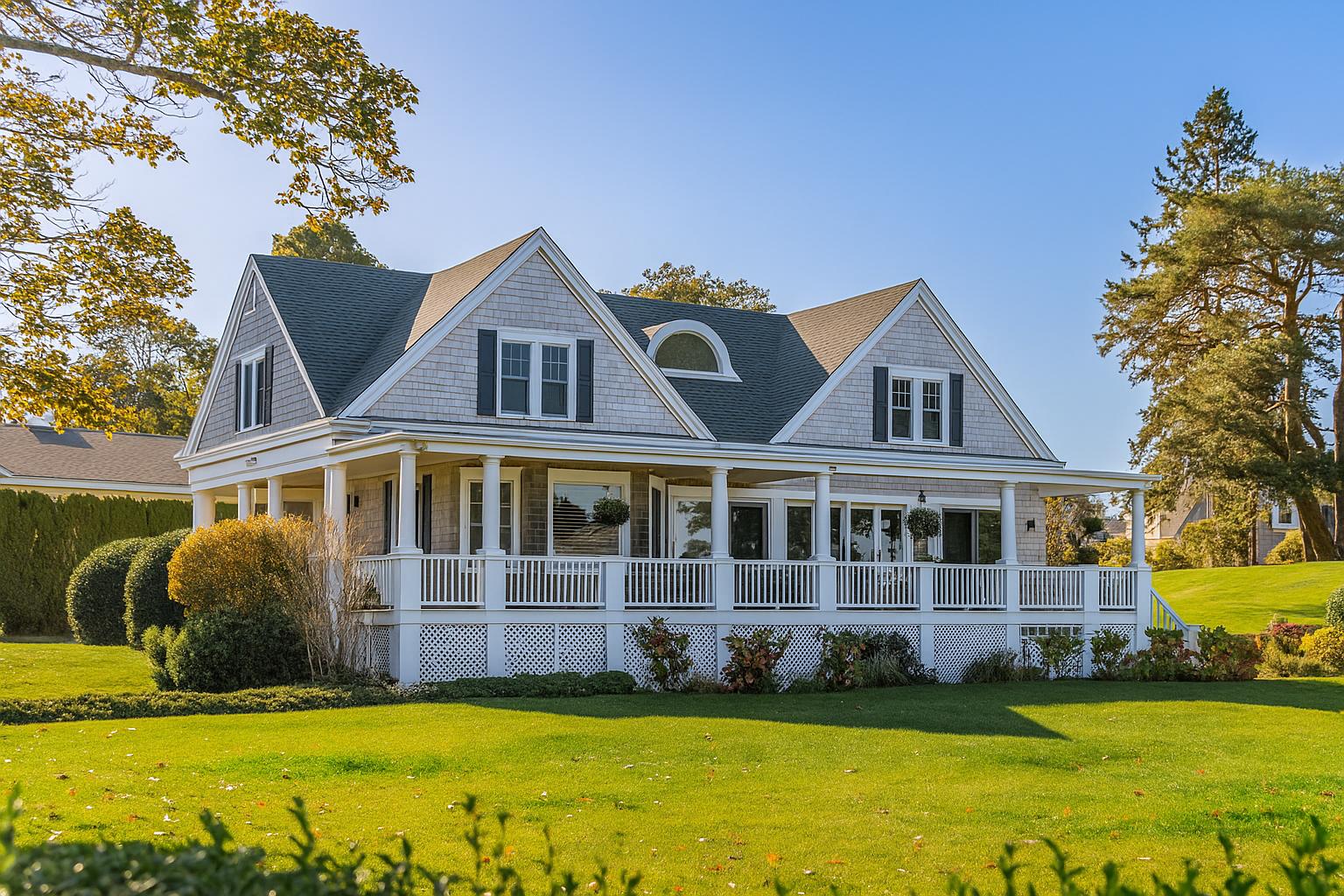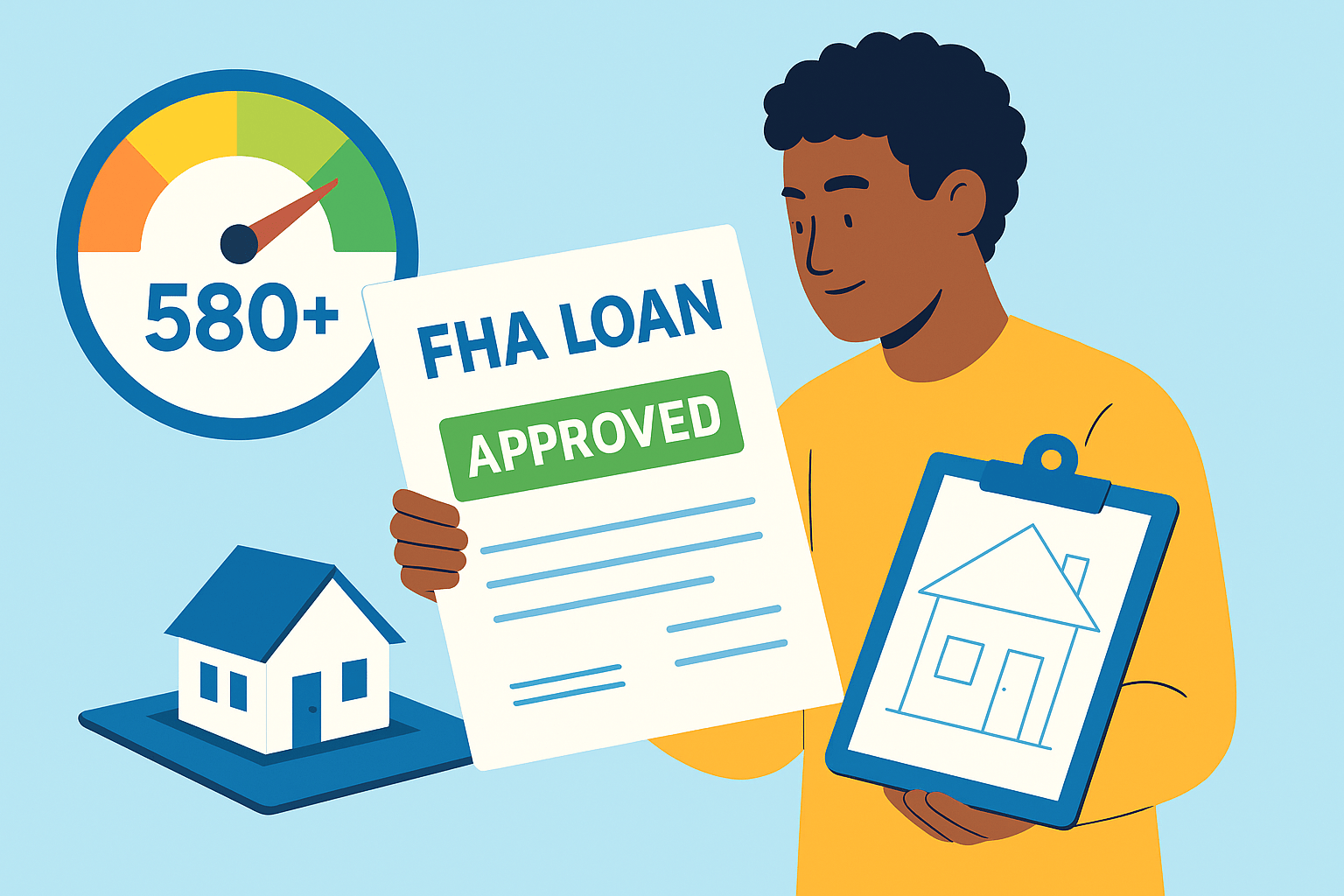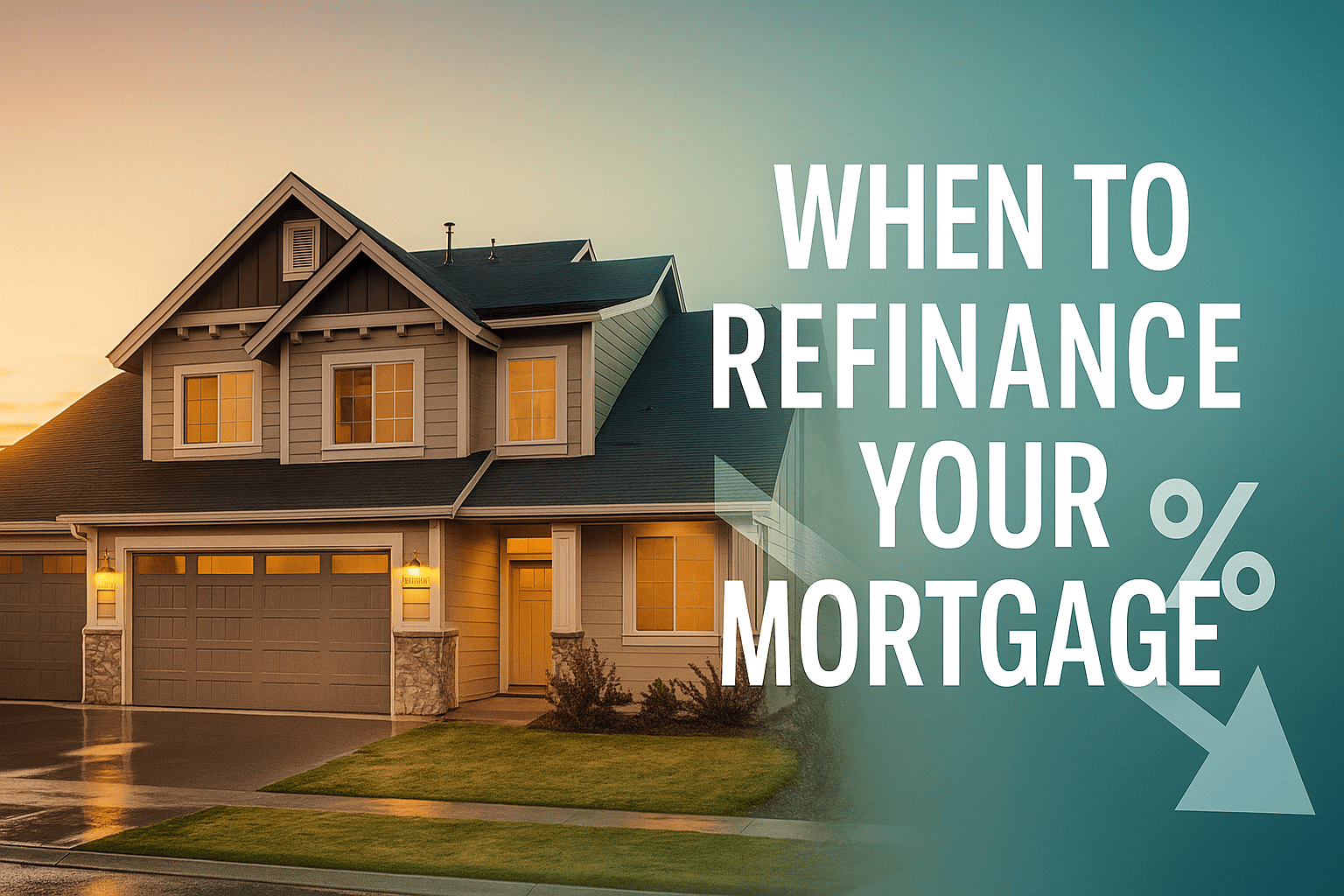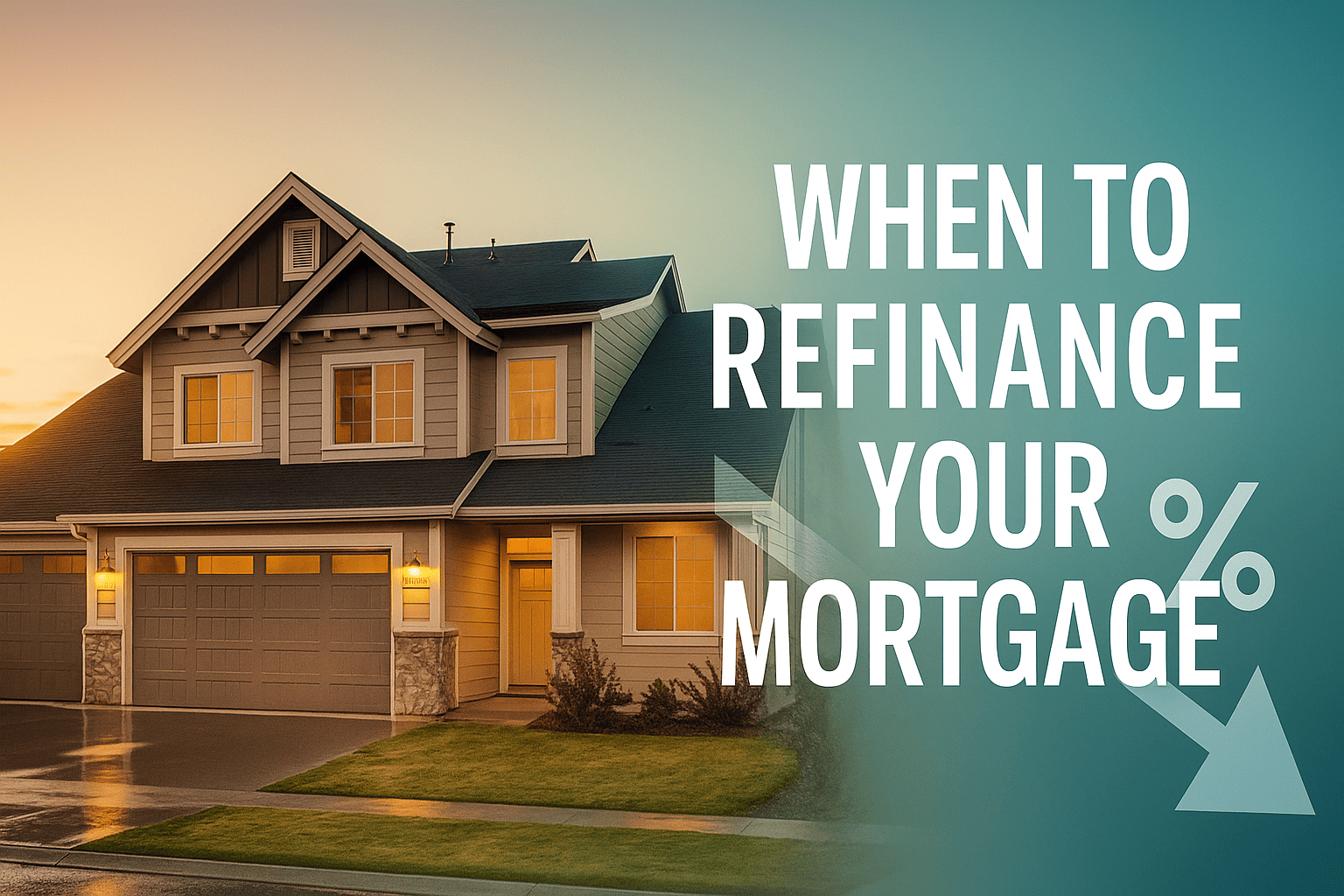First Home Program First-Time Homebuyer Assistance Programs
Nebraska’s First Home Program: A Step-by-Step Guide for First-Time Buyers
Dreaming of a front porch in Omaha or a starter condo in Kearney? Nebraska’s First Home Program turns that dream into a doable plan by pairing low-rate loans with down-payment help. In the next few minutes, you’ll discover who qualifies, how much aid you can receive, and why thousands of Cornhuskers say this program was the key that unlocked their first set of house keys.
Why the First Home Program Matters in 2024
Home prices across Nebraska climbed roughly 7% last year, according to the state Realtors association. At the same time, average wages only nudged up about 4%. That gap makes saving a down payment feel like sprinting on a treadmill—lots of motion, little progress. The Nebraska first-time buyer program slices through that challenge by offering:
- Below-market, fixed mortgage rates
- Up to 5% of the home price in down-payment and closing-cost assistance
- Flexible credit guidelines, especially for renters with solid payment histories
Taken together, those perks often trim a buyer’s out-of-pocket cash by $8,000–$10,000, based on recent loan averages reported by NIFA (Nebraska Investment Finance Authority). That’s real money back in your wallet—enough to fund moving expenses and furnish the living room.
How Does Nebraska’s First Home Program Work?
The First Home Program operates through a network of approved lenders. Think of it as a partnership: NIFA subsidizes a lower interest rate, and your lender handles the paperwork, underwriting, and closing. Once approved, you walk away with a 30-year fixed mortgage plus optional First Home Program down-payment assistance, known in lender shorthand as “DPA.”
Behind the scenes, NIFA funds these loans by issuing tax-exempt bonds—an approach that keeps the rates lower than most conventional or even FHA offerings. The result? Monthly payments that fit a first-time buyer’s budget without the surprise ballooning you might see in adjustable-rate mortgages.
Micro-Story: Sara & Miguel’s Journey from Renters to Owners
Last spring, Sara (a teacher) and Miguel (an HVAC technician) were shelling out $1,250 a month for a two-bedroom rental in Lincoln. They had decent credit but barely enough saved to cover closing fees. Their lender suggested the First Home loan option paired with 5% DPA. The couple brought $2,200 to closing—about one month’s rent—and secured a $200,000 home with payments only $40 higher than what they paid their landlord. One year later, they’ve built almost $6,000 in equity, according to their latest mortgage statement.
Who Is Eligible for Nebraska’s First Home Program?
Eligibility centers on three pillars—first-time status, income limits, and purchase price caps:
- First-time buyer rule: You can’t have owned a primary residence in the past three years, unless you purchase in a federally designated target area or you’re a qualifying veteran.
- Maximum income: For 2024, limits range from $95,000 to $128,300, depending on county and household size. The figures adjust annually.
- Purchase price cap: Homes must fall beneath regional ceilings, currently $417,000–$535,000.
Add a minimum 640 credit score, completion of a HUD-approved homebuyer education course, and occupying the property as a primary residence within 60 days of closing, and you’re on track.
People Also Ask
What credit score is needed for the First Home Program?
Most lenders look for a 640 FICO, though some accept 620 with compensating factors like low debt-to-income or sizeable reserves. A higher score unlocks the very best rates but doesn’t automatically disqualify lower-score applicants. Paying rent, utilities, or even streaming subscriptions on time can help a lender build an alternative credit profile if you’re thin on traditional credit lines.
How much down-payment assistance can I receive?
The program offers up to 5% of the purchase price, disbursed as a second mortgage with 0% interest and no monthly payments. The loan becomes due when you sell, refinance, or finish paying off the first mortgage—essentially an equity-share IOU rather than a monthly burden.
Can I combine the First Home Program with an FHA loan?
Yes. In fact, roughly 60% of borrowers layer the First Home initiative onto FHA mortgages, according to NIFA’s 2023 loan data. The FHA’s 3.5% down requirement pairs nicely with DPA funds, letting many buyers bring just a few hundred dollars to the table after gift funds or seller concessions.
Application Process: Step-by-Step
- Choose an approved lender. Start with NIFA’s online lender list or ask your Realtor for referrals.
- Get pre-qualified. Provide pay stubs, W-2s, and a recent bank statement. The lender will run your credit and estimate eligibility.
- Complete homebuyer education. Most courses cost under $100, can be finished online in a weekend, and focus on budgeting, maintenance, and closing disclosures.
- Shop for a home. Stay within price limits and remember to budget for inspection and appraisal fees.
- Finalize the loan. Once the contract is signed, your lender locks the First Home rate, submits the file to NIFA, and schedules closing.
Hidden Perks Many Buyers Miss
- Non-traditional credit allowed: Helpful for buyers who have avoided credit cards.
- Portability: If you refinance into a new NIFA loan, your DPA payoff may roll over, saving thousands.
- Recapture tax exemption: Sold within nine years? Most buyers owe no recapture tax due to generous income growth thresholds.
Cost Breakdown Example
| Item | Without First Home | With First Home |
|---|---|---|
| Purchase Price | $250,000 | $250,000 |
| Down Payment | $12,500 (5%) | $875 (DPA covers rest) |
| Closing Costs | $5,000 | $0 (DPA + seller credit) |
| Interest Rate* | 7.10% | 6.30% |
| Monthly P&I | $1,679 | $1,538 |
*Rates sampled from two statewide lenders, April 2024.
Common Misconceptions Debunked
Some would-be buyers skip the First Home Program because they’ve heard the paperwork is “too intense.” In reality, the application mirrors any standard mortgage file—two years of employment history, recent pay stubs, and bank statements. Another myth is that the low rate is offset by higher fees. Review the official Loan Estimate and you’ll notice origination charges often lower than on regular loans thanks to NIFA’s negotiated caps.
Fast-Track Tips to Boost Approval Odds
- Pay off small debts: Knocking out a $500 credit card could shave 3–4% off your debt-to-income ratio.
- Season your funds: Keep down-payment money in your bank account for at least 60 days to avoid gift-fund documentation headaches.
- Time your credit pull: Mortgage inquiries within a 30-day window count as one hit, so rate-shop freely.
FAQ
Is the Nebraska First Home Program only for new construction?
No. You can purchase existing homes, condos, townhouses, or new builds—as long as the property meets FHA, VA, USDA, or conventional guidelines.
What are the program fees?
NIFA charges a 0.50% servicing fee baked into the rate, not added upfront. There’s no separate application fee.
Can self-employed buyers qualify?
Yes, with two years of tax returns and year-to-date financials. Some lenders may ask for a CPA letter verifying business viability.
Do I have to stay in Nebraska?
Yes. The property must be your primary residence and located within Nebraska’s borders.
How long does the entire process take?
Average timeline is 35–45 days from accepted offer to closing, similar to conventional loans.
Ready to Unlock Your Front Door?
Every month you wait is another rent check that builds someone else’s equity. The First Home Program can pivot that cash flow toward your future instead. Connect with an approved lender today, take the online education course this weekend, and picture yourself grilling on your patio by summer’s end.
Have questions? Visit the official program page at NIFA’s First Home Program or talk with a certified housing counselor who can map out your next steps.
Let’s turn the key together!
Explore More Blog Posts
Checkout more similar posts those will help you to choose better property.












 Profile
Profile Password
Password Saved Properties
Saved Properties Sign Out
Sign Out
 +0.01
+0.01
 -0.15
-0.15

